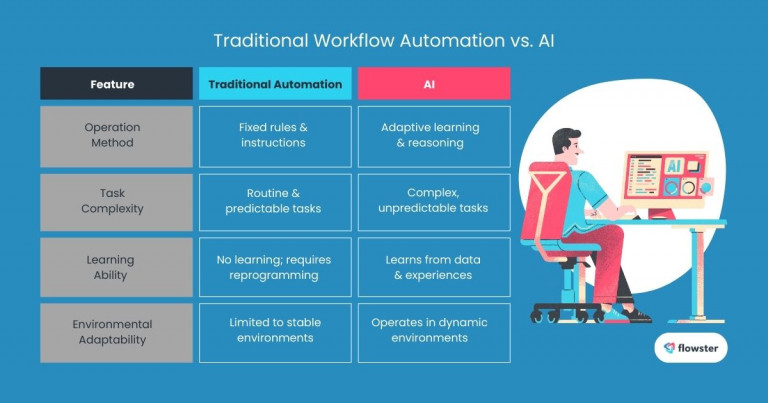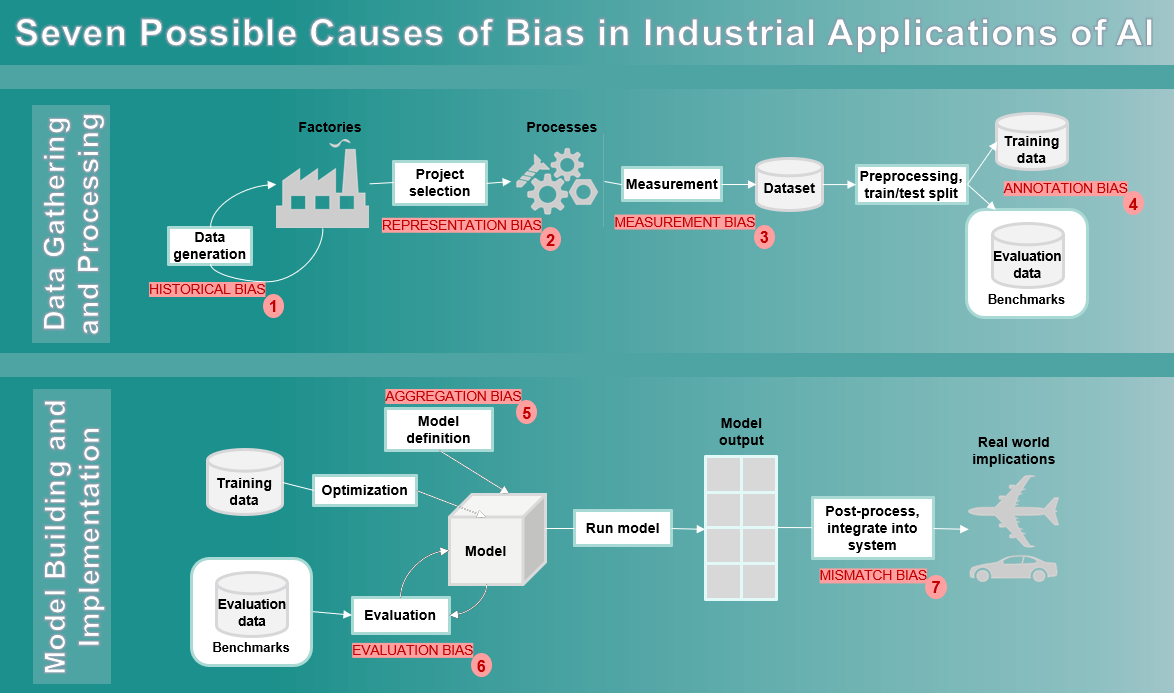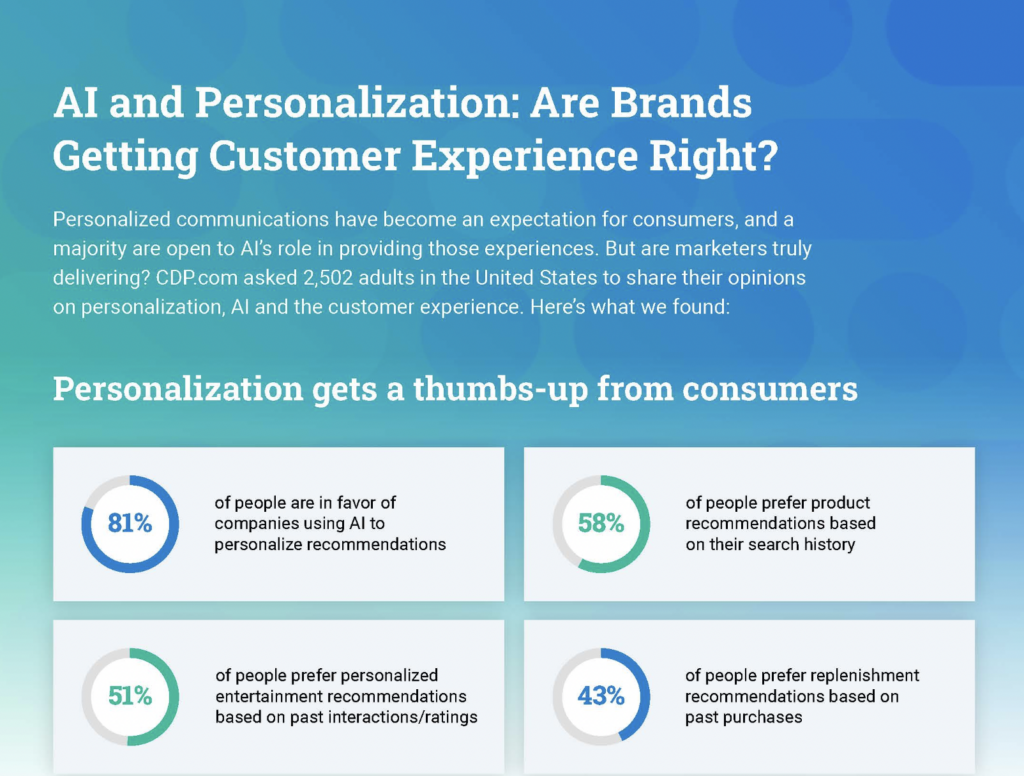The integration of Artificial Intelligence (AI) in content governance is reshaping how organizations manage, create, and distribute their content. As the landscape of digital communication evolves, maintaining brand consistency, compliance, and efficient workflows has become paramount. Content managers, brand stewards, and marketing directors face the challenge of ensuring cohesive brand messaging while balancing the demands of decentralized teams. AI offers solutions that not only streamline content approval processes but also enhance overall operational efficiency.
This explainer delves into the impactful role of AI, exploring its function in maintaining brand integrity, addressing the challenges faced by dispersed teams, and providing best practices for implementation. By leveraging AI technologies, organizations can optimize their content strategies, improve collaboration, and ensure compliance with evolving regulations. The subsequent sections will provide insights through research findings, case studies, and actionable recommendations, equipping professionals with the tools necessary to navigate the complexities of AI-powered content governance.
How AI Transforms Content Governance for Consistency and Compliance
AI significantly influences maintaining brand consistency across various outputs, driving organizations to uphold their messaging and visual identity on multiple platforms. Automation of workflows and content moderation reduces human error and enhances accuracy, allowing for scaled content operations that are essential for global organizations, particularly when facing variations in language and culture.
Decentralized teams often find it challenging to maintain uniform standards, which can lead to inconsistencies in brand representation. AI addresses this gap by providing tools that enforce brand guidelines and compliance regulations. For example, research from Times Internet highlights a 50% increase in paywall efficiency following the use of AI-powered tools for subscriber management in 2021. Furthermore, the same study recorded a 230% rise in subscriptions resulting from the implementation of AI-driven digital transformation, illustrating AI's positive impact on revenue and audience engagement.
By utilizing AI functionalities such as real-time analytics and content optimization, organizations can make data-driven decisions that ultimately enhance their return on investment (ROI). The deployment of AI enables high-quality standards and consistency in content creation, vital for fostering audience trust and bolstering brand loyalty.
Impact of AI on brand consistency (Source: CDP)
Overcoming Challenges of Decentralized Content Teams with AI Solutions
Decentralized content teams often grapple with obstacles related to communication and coordination, which can lead to delays and inconsistencies. AI solutions are designed to tackle these challenges by streamlining processes and fostering better collaboration among team members. AI-powered applications for communication and project management can help keep teams aligned, regardless of their geographical locations.
For instance, AI tools that analyze team interactions can highlight gaps in communication and recommend improvements, enabling decentralized teams to function more cohesively. A report from Times Internet noted a 60% increase in newsroom productivity following the adoption of AI technologies, which resulted in significant resource savings and improved efficiency in content creation.
Moreover, AI offers automation capabilities that accelerate content approval processes. Automation of repetitive tasks reduces bottlenecks and ensures ongoing quality throughout the content lifecycle. According to a survey, 72% of media organizations reported achieving ROI through generative AI implementations, underscoring the value AI introduces into content strategies.

AI decision-making framework for decentralized teams (Source: ResearchGate)
Streamlining Content Approval Processes Using AI Techniques
An effective content approval process is crucial for maintaining quality and adherence to compliance standards. AI technologies can redefine this process, making it more efficient and minimizing opportunities for errors. Through machine learning and natural language processing, AI can recognize patterns in content to suggest necessary edits or improvements before approval.
AI tools can automate review cycles, thus facilitating quicker turnaround times and aiding in version control. This advancement streamlines collaboration, as team members can easily track changes and contribute input. A survey indicated that 72% of media organizations see ROI with generative AI implementation, reflecting considerable benefits in efficiency and resource management.
Additionally, AI-driven analytics can provide insights into content performance, allowing organizations to determine which pieces resonate most with their audience. Consequently, data-driven decision-making becomes central to the content approval ecosystem.

Comparison of traditional vs. AI content approval workflows (Source: Flowster)
Best Practices for Implementing AI-Powered Workflows in Content Management
Successful integration of AI into content management workflows involves several best practices. To maximize the benefits, organizations should first evaluate their existing workflows and identify where AI can add the most value. Implementing AI should begin with small pilot projects, enabling stakeholders to assess effectiveness before broader application.
Ongoing monitoring of AI performance is critical, as it ensures the technology aligns with organizational objectives. Establishing feedback loops within AI systems can help refine processes over time. Experts stress the importance of ethical AI governance to enhance user trust and regulatory compliance while reducing the risks of biased outcomes.
Moreover, fostering a culture of adaptability prepares organizations for upcoming technological advancements. Conducting training sessions for employees on AI capabilities can enhance acceptance and more effective use of new systems.

Best practices for integrating AI into content workflows (Source: Contentful)
Real-World Success Stories of AI in Content Governance
Investigating real-world implementations of AI in content governance reveals notable benefits and diverse applications. A significant example is Times Internet, which reported a 4x increase in eCPMs from advertising campaigns after incorporating AI tools to enhance interactivity. This case exemplifies the financial advantages AI integration can afford in content strategies.
Organizations that have adopted AI-driven content governance have noted measurable improvements in efficiency, with many experiencing cost savings through faster workflows. By analyzing the case of the United Daily News Group, which reported a 230% increase in subscriptions after transitioning to AI-driven digital frameworks, other businesses can glean critical insights for their own digital transformations.
These success stories illuminate AI's ability to boost productivity and streamline operations, providing organizations with a competitive edge in an evolving digital environment.
State of AI in 2023 (Source: McKinsey & Company)
Navigating Ethical Considerations and Biases in AI Content Governance
As organizations integrate AI into content governance, they must confront ethical considerations and potential biases. AI systems can replicate biases found within their training data, leading to discriminatory practices in content moderation. For example, a study highlighted that AI tools were 1.5 times more likely to mistakenly categorize tweets from Black users as offensive, indicating the need for oversight in content moderation systems.
To mitigate such biases, organizations should adopt a hybrid approach that combines AI with human oversight. Transparency in AI processes is essential, allowing users to grasp moderation decisions and facilitating accountability while reducing perceptions of censorship.
Ethical AI development should be a priority, involving experts during the design phases to ensure fairness and adherence to human rights principles. Regular audits of AI systems can uncover unintended consequences and refine decision-making processes, ultimately fostering user trust.

Causes of AI bias in moderation systems (Source: Siemens)
Conclusion
AI-powered content governance signifies a critical shift in how organizations manage content, ensuring brand consistency, reducing operational costs, and enhancing compliance. By leveraging AI technologies, content teams can streamline workflows and address challenges posed by decentralized operations.
It is crucial to address challenges concerning bias and ethics through effective governance and ongoing conversations about AI's role in content production and moderation. As organizations continue to adapt to these technologies, the focus should be on implementing best practices and fostering education on AI capabilities to maximize its potential.
Through strategic integration of AI, organizations can enhance operational efficiency and create content that resonates with diverse audiences, laying the groundwork for sustainable growth in an increasingly digital landscape.


Komentar (0)
Masuk untuk berpartisipasi dalam diskusi atau .